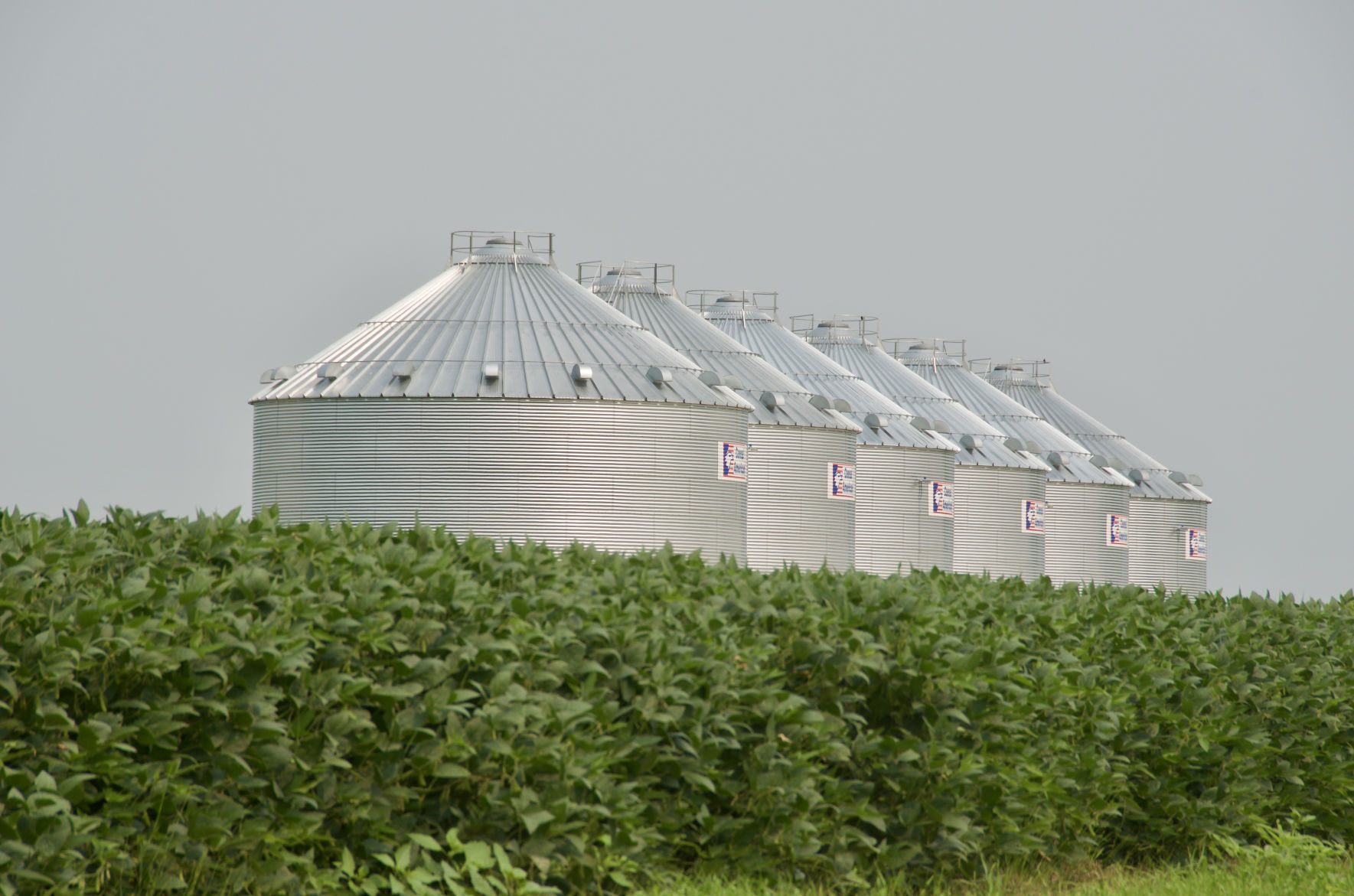The ongoing discussion of tariffs on agriculture and other products with foreign countries has led to the development of numerous groups supporting free trade.
One of those groups, Farmers for Free Trade is a non-profit organization backed by the nation’s largest ag commodity groups, who, with the multi-industry coalition, Americans for Free Trade, has started a national campaign called Tariffs Hurt the Heartland.
“Twenty percent of farm revenue comes from exports. Without trade we wouldn’t have the U.S. farming success we do,” said Brian Kuehl, executive director for Farmers for Free Trade. “These tariffs will also lead to many farmers having trouble getting financing to run their farms because of the lower commodity prices.”
The Tariffs Hurt the Heartland campaign will focus on telling the stories of American farmers, businesses, workers and families struggling because of lost income due to tariffs. The groups will target this message through town hall events, grassroots outreach to politicians, social media and digital advertising.
Kristen Duncanson, a third-generation farmer from Mapleton, Minnesota, said while her family has always tried to stay diverse by raising crops and hogs, they have had to watch expenses even more closely due the decrease in soybean prices since the tariffs have been in place.
“So much of our soybean crop nationwide is exported. We need to restore the relationships with China and we know that won’t happen quickly,” Duncanson said. “We’re also losing $18 to $22 per pig at market time because of lower prices. We need the cycle to change and we need to restore trade.”
With U.S. agriculture being the strongest and most productive in the world, exports of crops such as corn, wheat and soybeans is about 50 percent, fruit nuts is 70 percent and pork is 25 percent.
Kuehl said it is important to show how tariffs are squeezing the average American family and community from every direction.
“If you are in Des Moines, Iowa, or Harrisburg, Pennsylvania, it’s not just that tariffs are dropping the value of corn, soy or pork. Increasingly it’s that the price of buying a dishwasher has gone up, or that a local business has put off expansion because of the price of steel or aluminum. By joining with leading retailers, manufacturers and service organizations, Farmers for Free Trade will play a big role in showing the comprehensive damage the trade war is having on American communities,” Kuehl said.
Tiffany Zarfas Williams is the owner of the Luggage Shop of Lubbock in Texas. She is the third generation to run this business. Nearly 85 percent of the products sold in her shop are affected by the tariffs and a price increase is necessary for her to make a profit.
“I wish there was an easy fix for this. More than three-fourths of the luggage and travel goods we sell are made in China. The tariffs are leading to so much uncertainty with this industry and my business,” Williams said.
“Every sector of the U.S. economy stands to lose in a trade war,” said Matthew Shay, president and CEO of the National Retail Federation. “The stakes couldn’t be higher for American families, businesses, farmers and workers threatened by job losses and higher prices as a result of tariffs. That’s why a diverse coalition of industries is banding together to amplify the voices of hardworking Americans and ensure Washington understands the real-world consequences of a trade war. We are here to stand up for communities across the country, large and small, that are counting on the administration to develop a real strategy, get back to the negotiating table and ease trade tensions.”
Michelle Erickson-Jones is a fourth-generation Montana farmer who raises cereal grains, oilseeds, alfalfa and has a small cow-calf herd. She is optimistic about the economy under the current administration, but has concerns about trade policies.
“We rely on trade for crops we grow. Policy-restricting trade would be devastating for our farm,” Erickson-Jones said. “We need free trade to keep our economy strong.”
For more information about Farmers for Free Trade, visit www.farmersforfreetrade.com.
Jennifer Carrico can be reached at [email protected].

